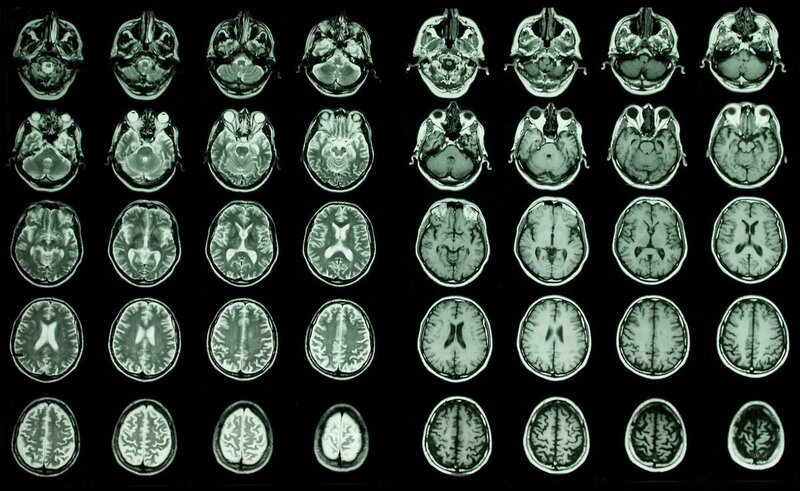Posted on Dec 23, 2024
Researchers Find 13 Proteins in the Blood That Are Seemingly Linked to Brain Aging
619
27
7
14
14
0
In a paper published this month in Nature Aging, a team of scientists analyzed almost 11,000 magnetic resonance imaging (MRI) brain scans from people ages 45 to 82 that were included in the U.K. Biobank. They used artificial intelligence to determine the “brain age” of the scans based on features including brain volume and surface area—essentially, they predicted how old a person is based on their brain data. This “brain age” number can be different from the chronological age of the individual and can shed light on cognitive aging and risk for neurodegenerative diseases.
“The higher the A.I.-predicted age is relative to their actual age, the faster their brain is aging,” explains study lead author Wei-Shi Liu, a neurologist at Fudan University in Shanghai, to New Scientist’s Carissa Wong. Next, researchers appraised the concentration of 3,000 proteins in the participants’ blood, to determine which proteins—delivered to the brain via blood vessels—were associated with brain age. They concluded that 13 proteins—eight linked to fast brain aging, and five linked to slow aging—appeared connected to the brain age. Certain proteins that affect cellular stress and inflammation increased with age, while others that help with maintenance tasks like cell regeneration dwindled, reports Live Science’s Emily Cooke.
“The higher the A.I.-predicted age is relative to their actual age, the faster their brain is aging,” explains study lead author Wei-Shi Liu, a neurologist at Fudan University in Shanghai, to New Scientist’s Carissa Wong. Next, researchers appraised the concentration of 3,000 proteins in the participants’ blood, to determine which proteins—delivered to the brain via blood vessels—were associated with brain age. They concluded that 13 proteins—eight linked to fast brain aging, and five linked to slow aging—appeared connected to the brain age. Certain proteins that affect cellular stress and inflammation increased with age, while others that help with maintenance tasks like cell regeneration dwindled, reports Live Science’s Emily Cooke.

Researchers Find 13 Proteins in the Blood That Are Seemingly Linked to Brain Aging
Posted from smithsonianmag.com
Posted 14 d ago
Responses: 5
Posted 14 d ago
If these are proteins manufactured within or by our bodies I am not sure ow this will help unless they can recreate the beneficial proteins some way.
(5)
Comment
(0)
SGT Mary G.
13 d
Brains need a lot of good fat, and glucose made by the liver to clean itself. That means highly limiting seed oils (which were tauted for such a long time as healthy). Back on the menu are butter, coconut oil, saturated animal fat, in moderations, along with new ways of measuring cholesterol, that instead zero in on eliminating the creation of arterial plaque - from a much deeper understanding at the cellular level - according to the m.d.s doing the research, over decades of time. They stress that the biochemistry of each individual has to be taken into consideration. There is no "one size fits all".
(1)
Reply
(0)
Posted 12 d ago
Important research. We have had dementia in our family for a couple generations. One member of our family is 59 and in his 5th year of FTD
(1)
Comment
(0)
SPC Jeff Daley, PhD
12 d
It's an insidious disease. Progress is being made in the search for effective treatments for dementia, particularly Alzheimer's disease, with several promising developments in drug therapies and ongoing research.
(0)
Reply
(0)
Read This Next




 Science
Science Wellness
Wellness Health
Health Medical
Medical


